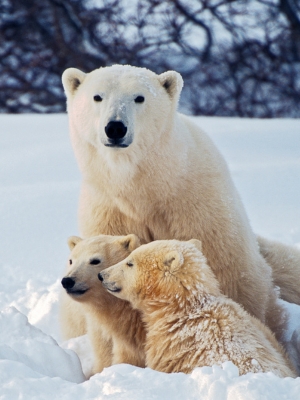Three zebras escaped a man’s backyard over a month ago in Upper Marlboro, Maryland. After one of the zebras was found dead in a snare trap on private property last week, two zebras remain at large. This story is a perfect storm of animal abuse and cruelty.
A Long History of Animal Welfare Violations
The zebras’ owner has a permit for legal ownership under the USDA to keep the zebras on his property. He keeps a herd of 30 zebras and has accumulated more than 200 Animal Welfare Act violations throughout his time as an exotic animal owner. Unsafe enclosures, inadequate shelter, filthy conditions, and limited access to veterinary care were among these violations. Animal control services have attempted to recapture the escaped zebras by leaving feed and hay out near the farm, but these attempts have all proven unsuccessful thus far.
Some have suggested tranquilizing the zebras, but this would likely be an unsafe choice. As wild animals, they would have to be darted, which is a highly unpredictable process. Not only would the dosage have to be estimated, but zebras can take more than 15 minutes to become immobilized due to the adrenaline spike they experience after darting. While most adult zebras weigh around 700 pounds, darting any animal without closer examination could be lethal due to improper dosing, unknown health complications made more severe by the darting chemicals, or injuries caused during the darting process. Before immobilization, they could run towards a road or human, which would put even more lives at risk in an already dangerous situation. The difficult nature and dangers of capturing zebras, in addition to many other privately owned wild animals that escape, should force anyone to question why owning wild animals is legal in most of the United States.
Tragic Trapping
While this story is troubling on many levels, the zebra death by trapping remains the most tragic part. Trapping is legal in Maryland, with only some additional restrictions based on individual county legislation. Currently, statewide, using body-gripping, leg-hold, and Conibear traps for recreational and commercial purposes is permitted, with no restriction on the number of traps used. The state does not require reports of incidences where non-targeted animals are trapped. Therefore, there is no current estimate provided by the state detailing how many non-targeted animals fall victim to these traps per year, which may include domesticated pets and humans. With legislation to ban trapping, the zebra, along with thousands of other unintended victims, would likely still be alive today.
Although zebras do not typically run wild in the United States, millions of animals throughout the country do. It is the wildlife targeted by traps – animals like coyotes, raccoons, beavers, and others – who are the victims of trapping on a daily basis. Most of these animals, like the zebra, are left to die slow and painful deaths without the opportunity to escape. Most animals do not die on impact when trapped. Instead, many will suffer from dehydration, starvation, exposure, blood loss, infection, or drowning well before they take their final breath. While animals throughout the United States achieved a step forward against trapping earlier this year when the Refuge from Cruel Trapping Act was reintroduced, which would ban the use of all body-gripping traps within the National Wildlife Refuge System, the House must pass this bill quickly so that it can continue along the legislative process toward becoming law. While this bill would not ban trapping outside of national wildlife refuges, it would be an important step to protect the millions of animals who live on these refuges and the people and pets who visit each year.
Federal Solutions are Needed
This tragedy underlines the urgency of implementing federal trapping bans as well as bans on private wild animal ownership that include all potentially dangerous or captivity-resistant species. Both of these steps are necessary to maintain public safety and prevent the unnecessary loss of beautiful wild animals.
To urge your lawmakers to support the Refuge from Cruel Trapping Act and, to see what other actions you can take against trapping, check out your state’s trapping report card today!
Keep Wildlife in the Wild,
Devan

 Dear Reader,
Dear Reader,